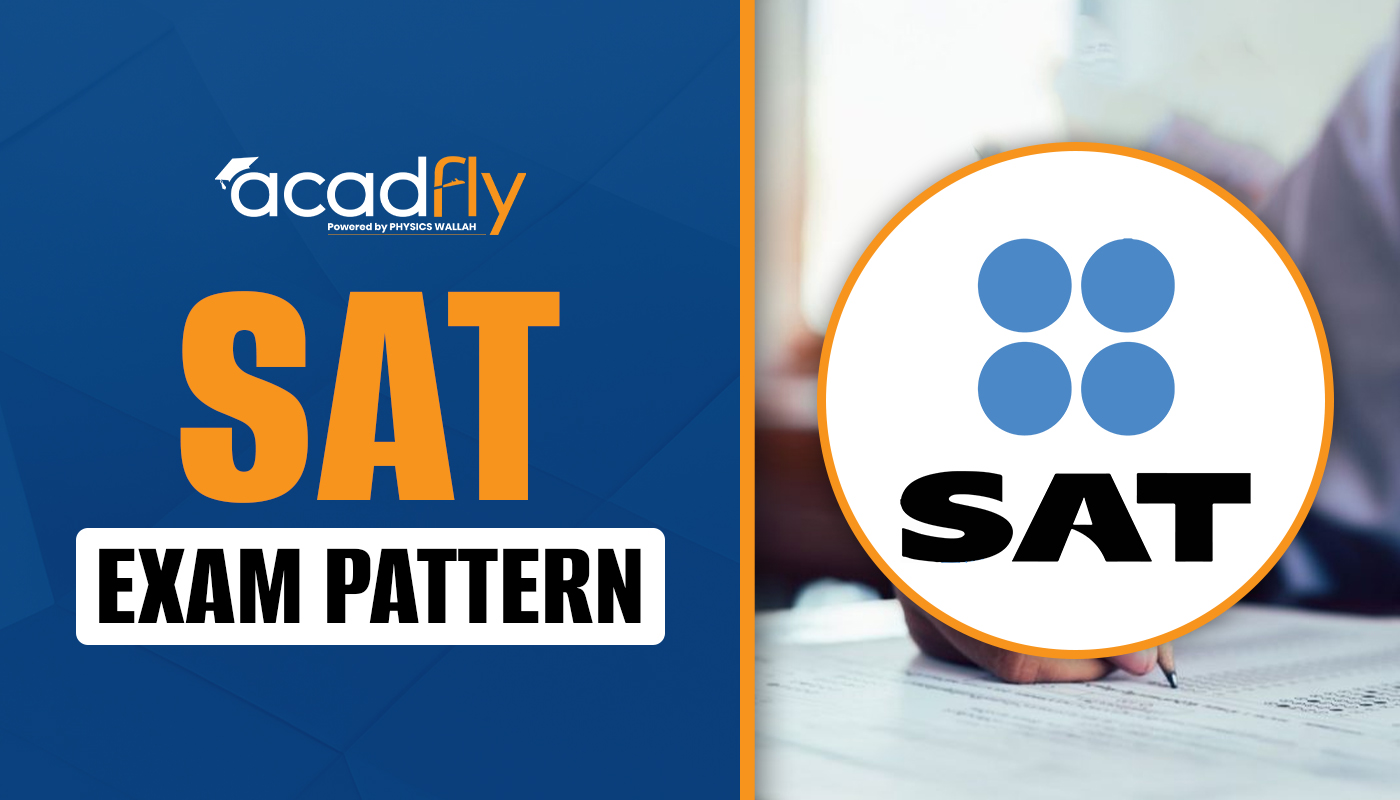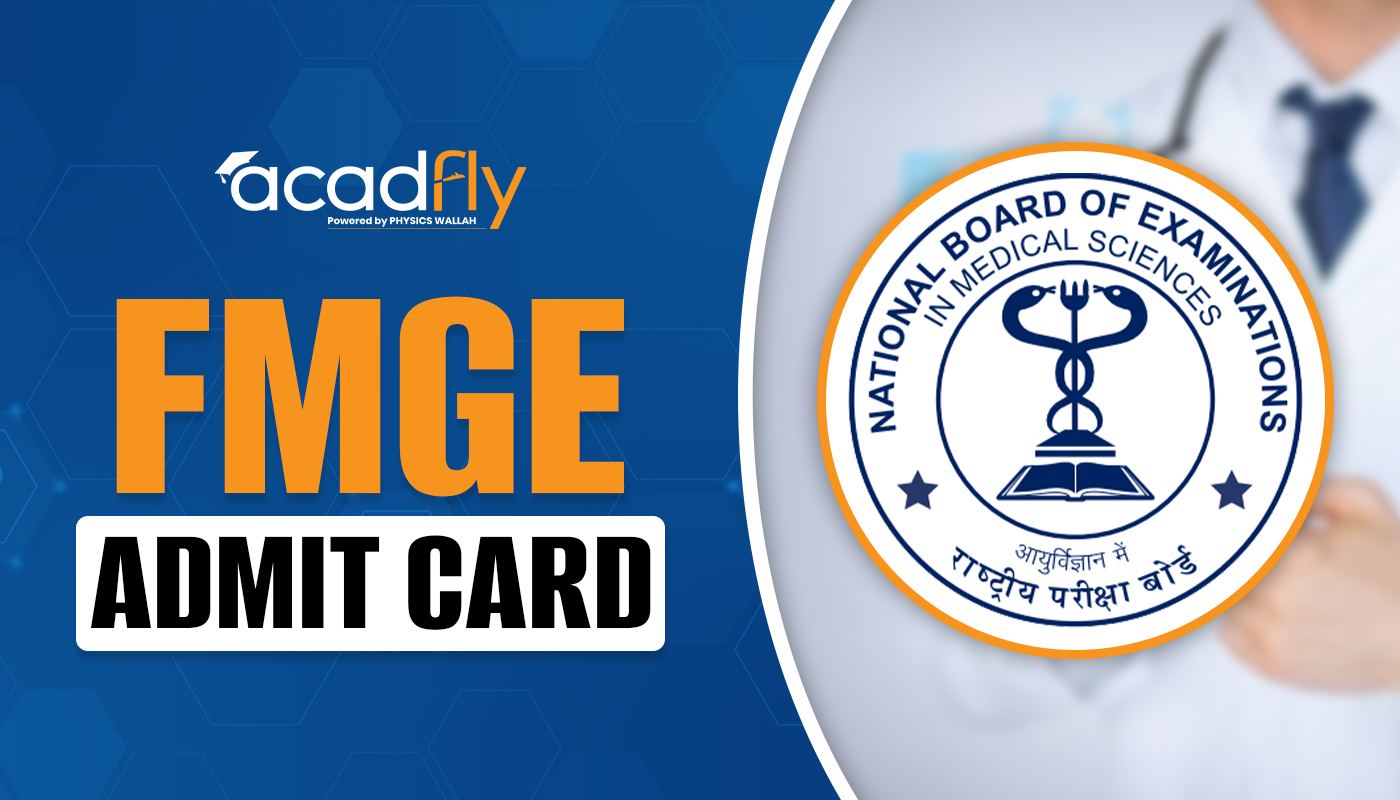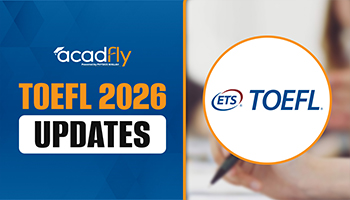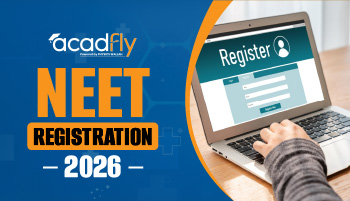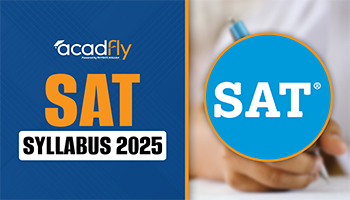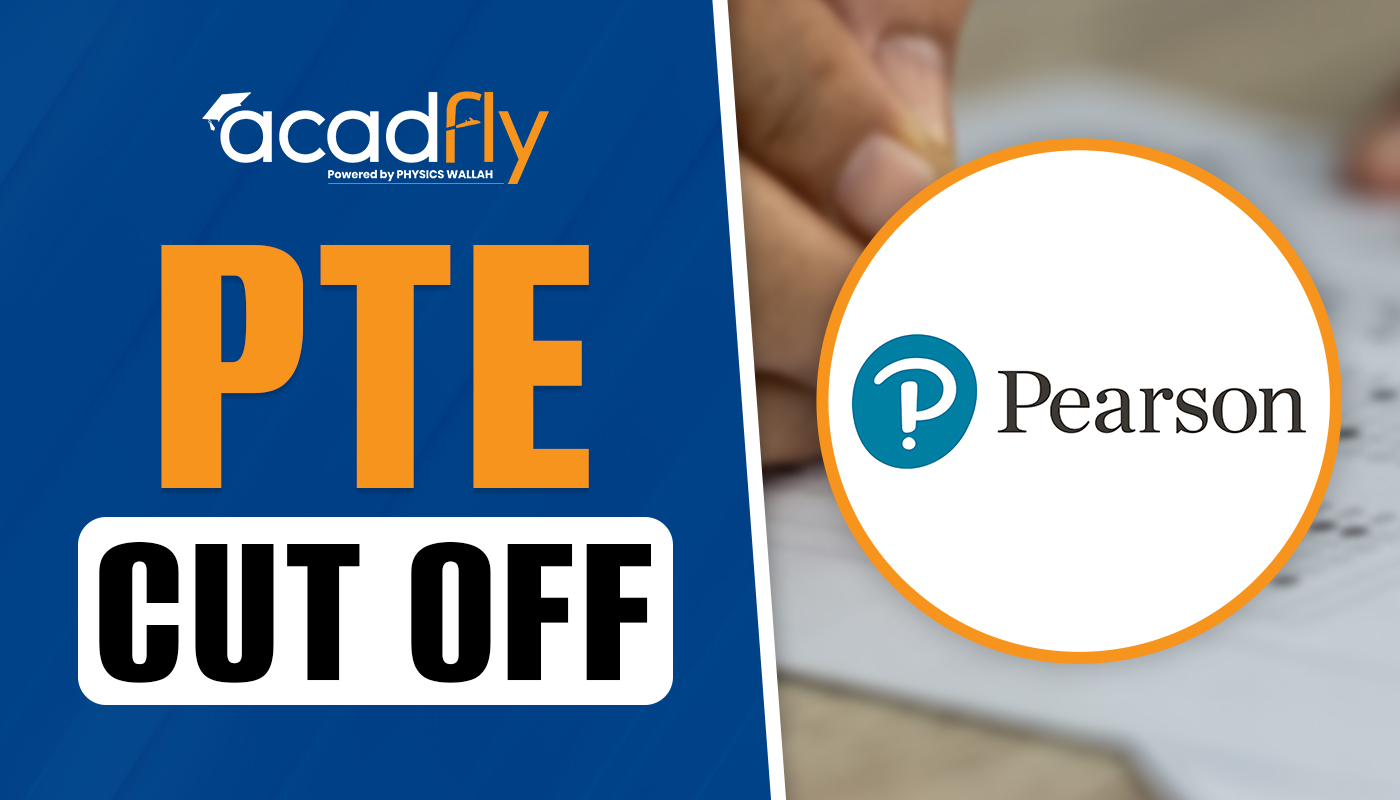
The TestDaF exam is recognized by all German universities and is an essential requirement for admission to higher education institutions in Germany. Dreaming of studying, working, or living in Germany, then mastering the German language is a crucial step, and the TestDaF (Test Deutsch als Fremdsprache) is often your definitive proof of proficiency. As we look towards 2025, understanding the nuances of this pivotal examination becomes paramount for prospective students and professionals alike.
What is the TestDaF Exam 2025?
The TestDaF is an internationally recognized German language examination for non-native speakers, specifically designed for those who wish to study at a German university, pursue an academic career, or work in an academic field in Germany. It assesses language skills at an advanced level, corresponding to levels B2 to C1 of the Common European Framework of Reference for Languages (CEFR).
TestDaF Exam 2025 Overview
Unlike some other German language certificates, the TestDaF is highly standardized and evaluates your proficiency in academic German. It ensures that you possess the necessary linguistic skills to follow lectures, participate in seminars, understand academic texts, and communicate effectively in an academic or professional environment. Its results are accepted by all German universities, making it the most popular choice for international applicants.
TestDaF Exam 2025 Overview |
|
|
Criteria |
Information |
|
Exam Name |
TestDaF |
|
Full Form |
Test Deutsch als Fremdsprache |
|
Official Website |
www.testdaf.de/de |
|
Developed in Germany by |
TestDaF Institute |
|
Conducting Body in India |
Goethe-Institut/ Max Mueller Bhavan |
|
Fee (Paper-Based Test) |
110.00 euros |
|
Fee (Digital) |
105.00 euros |
|
Test Centers |
Goethe-Institut / Max Mueller Bhavan Bangalore, Chennai, New Delhi, and Pune |
|
Eligibility |
Intermediate-level knowledge of the German Language |
|
Pattern |
Reading Comprehension, Listening Comprehension, Writing, and Speaking |
|
Duration (Paper-Based Test) |
3 h 15 min, plus breaks |
|
Duration (Digital Test) |
3 h 10 min, plus breaks |
|
Score (TDN 5) |
highest |
|
Score (TDN 4) |
|
|
Score (TDN 3) |
lowest |
|
Result Duration |
Six Weeks |
|
Score Validity |
Unlimited Period |
TestDaF Exam 2025 Dates and Registration
The TestDaF exam is offered multiple times throughout the year, with registration deadlines approximately six weeks before the exam date. For the latest information on TestDaF exam dates and registration for 2025, visit the official TestDaF website (www.testdaf.de).
To register for the TestDaF Exam 2025, follow these steps:
-
Choose your preferred exam date and location.
-
Create an account on the TestDaF website and complete the registration process.
-
Pay the registration fee (approximately €195).
-
You will receive a confirmation email with your exam date and location.
Also read: German Language Requirements for Indian Students: How to Prepare
TestDaF Exam 2025 Dates |
||
|
Examination Date |
Mode of exam |
Online Registration Duration |
|
July 16, 2025 |
Paper-based |
January 6, 2025 - June 13, 2025 |
|
August 7, 2025 |
Digital |
January 6, 2025 - July 25, 2025 |
|
September 18, 2025 |
Digital |
January 6, 2025 - September 8, 2025 |
|
October 16, 2025 |
Paper-based |
January 6, 2025 - September 12, 2025 |
|
November 13, 2025 |
Digital |
January 6, 2025 - October 30, 2025 |
|
December 9, 2025 |
Digital |
February 18, 2025 - November 28, 2025 |
The Pattern of the TestDaF Exam 2025
The TestDaF exam is designed to assess the language proficiency of non-native speakers in four key areas: listening comprehension, reading comprehension, written expression, and oral expression. The test is available at three levels of proficiency: TestDaF level 3 (TDN 3), TestDaF level 4 (TDN 4), and TestDaF level 5 (TDN 5). The higher the level, the more advanced your German language skills will be.
The TestDaF exam is comprised of four sections:
-
Listening Comprehension (Hörverstehen) - This section consists of 30-40 questions and lasts approximately 40 minutes. You will listen to audio recordings and answer questions based on the content.
-
Reading Comprehension (Leseverstehen) - This section consists of 30-40 questions and lasts approximately 65 minutes. You will read various texts and answer questions based on the content.
-
Written Expression (Schriftlicher Ausdruck) - This section consists of two tasks and lasts approximately 60 minutes. You will write two texts on a given topic, demonstrating your ability to express yourself in written form.
-
Oral Expression (Mündlicher Ausdruck) - This section consists of two tasks and lasts approximately 30 minutes. You will participate in a conversation with an examiner, demonstrating your ability to communicate orally.
The table below shows a detailed overview of the TestDaF Exam 2025
The Pattern of the TestDaF Exam 2025 |
|||
|---|---|---|---|
|
Section |
Task Type |
Duration (in minutes) |
Points / Weighting |
|
Leseverstehen (Reading Comp.) |
1. Short texts (e.g., notices, advertisements) |
60 |
Equal weight |
|
Leseverstehen (Reading Comp.) |
2. Academic text with multiple-choice questions |
||
|
Leseverstehen (Reading Comp.) |
3. Academic text with matching sentences to gaps |
||
|
Hörverstehen (Listening Comp.) |
1. Short dialogue (e.g., student services info) |
40 |
Equal weight |
|
Hörverstehen (Listening Comp.) |
2. Interview/discussion (e.g., student-professor) |
||
|
Hörverstehen (Listening Comp.) |
3. Academic lecture (e.g., university presentation) |
||
|
Schriftlicher Ausdruck (Written Prod.) |
1. Describe a chart/graph and comment on a topic related to it. |
60 |
Equal weight |
|
Mündlicher Ausdruck (Oral Prod.) |
7 different speaking tasks, simulating university situations (e.g., describing graphs, taking a stance, advising, summarizing) |
35 |
Equal weight |
|
Total Exam Time |
(Excluding breaks) |
Approximately 3 hours and 15 minutes |
|
Scoring and Levels of TestDaF Exam 2025: What a TDN Means
The TestDaF exam doesn't assess whether you pass or fail, but rather the level of proficiency you demonstrate in each of the four modules. The scores are reported as follows:
TestDaF-Niveau 3 (TDN 3)
Indicates a good basic understanding of academic German. While some German universities might accept TDN 3 in specific cases or for certain preparatory courses, it often falls short of the full language requirement for most degree programs. Corresponds roughly to a strong B2 CEFR level.
TestDaF-Niveau 4 (TDN 4)
This is the most commonly required level for admission to German universities. It signifies that you can understand complex academic texts, follow lectures, participate actively in discussions, and express yourself clearly and correctly both orally and in writing. Corresponds to a C1 CEFR level.
TestDaF-Niveau 5 (TDN 5)
This is the highest possible score, indicating an excellent command of academic German, exceeding the requirements of most degree programs. It suggests near-native proficiency in academic contexts. Corresponds to a strong C1 to C2 CEFR level. Most German universities require applicants to achieve at least TDN 4 in all four modules. Always check the specific language requirements of your target university and program well in advance, as these can vary.
Preparation Strategy of the TestDaF Exam 2025
Success in the TestDaF exam hinges on thorough and strategic preparation. Here's your ultimate guide to getting ready for the 2025 exam:
-
Start Early and Plan: German is not a language you can master overnight. Give yourself ample time – ideally 6-12 months, or even longer if starting from a lower proficiency – to build solid foundational skills and then specialize in academic German. Create a realistic study schedule and stick to it.
-
Understand the Exam Format Inside Out: Familiarize yourself with every task type in each section. Know exactly what's expected of you. The TestDaF Institute's official website offers sample tests and detailed descriptions of the exam structure.
-
Build a Strong Vocabulary and Grammar Base: This is non-negotiable. Focus on academic vocabulary (Fachsprache), technical terms, and linking words crucial for structuring arguments and expressing complex ideas. Consolidate your grammar knowledge, paying attention to advanced sentence structures (e.g., passive voice, subjunctive II, relative clauses, noun-verb combinations).
-
Utilize Official TestDaF Materials: The TestDaF Institute publishes official preparation books and model tests. These are invaluable as they mimic the real exam's difficulty and format. Work through these carefully, analyzing your mistakes.
-
Practice Time Management: The exam is timed, and efficient time allocation is crucial. Practice completing sections under timed conditions to get a feel for the pace required. This is especially important for the reading and listening sections, where you need to process information quickly, and for the writing and speaking sections, where you need to formulate coherent responses within a strict timeframe.
Section-Specific Tips for TestDaF Exam 2025
The table below shows how to prepare effectively section-wise for the TestDaF Exam 2025
|
Section |
Tip |
Details |
|
Leseverstehen (Reading) |
Skimming & Scanning |
Learn to quickly grasp the main idea and locate specific information. |
|
Vocabulary in Context |
Don't get stuck on every unknown word; try to infer meaning from context. |
|
|
Practice with Academic Texts |
Read German newspapers (e.g., Frankfurter Allgemeine Zeitung, Süddeutsche Zeitung), academic journals, and university websites. |
|
|
Hörverstehen (Listening) |
Note-Taking |
Develop a shorthand system for efficient note-taking during lectures or dialogues. You won't have time to write everything down. |
|
Listen for Keywords |
Identify keywords that signal important information, arguments, or changes in topic. |
|
|
Diverse Audio Sources |
Listen to German news (e.g., Tagesschau), documentaries, podcasts, and university lectures online. |
|
|
Schriftlicher Ausdruck (Writing) |
Structure is Key |
Master the structure of a typical academic essay: introduction (Einleitung), main body (Hauptteil) with arguments and examples, and conclusion (Schluss). |
|
Graph Description |
Practice describing data from charts and graphs accurately and concisely, using appropriate vocabulary. |
|
|
Argumentation |
Learn to present a well-structured argument, acknowledging different viewpoints and supporting your own. Use a wide range of linking words (Konjunktionen, Konnektoren) to connect your ideas logically. |
|
|
Proofreading |
Always leave time to review your writing for grammatical errors, spelling mistakes, and clarity. |
|
|
Mündlicher Ausdruck (Speaking) |
Practice Speaking Aloud |
Even if you're alone, practice answering common TestDaF questions aloud. Record yourself and listen back to identify areas for improvement in pronunciation and fluency. |
|
Simulate University Situations |
Practice describing graphs, giving recommendations, summarizing information, and taking a stance on academic topics. |
|
|
Fluency vs. Accuracy |
Strive for a balance. Don't sacrifice clarity for speed, but aim for a natural flow of speech. |
|
|
Interaction |
If possible, practice with a language partner or tutor who can give you feedback. |
|
|
Consider a Language Course or Tutor |
For structured learning and personalized feedback, enrolling in a German language course (especially one tailored for TestDaF preparation) or hiring a private tutor can be highly beneficial. They can identify your weaknesses and provide targeted exercises. |
|
|
Immerse Yourself |
Surround yourself with German. Change your phone language, listen to German music, watch German films/series with subtitles, and try to think in German. Every bit of exposure helps. |
TestDaF Exam Results and Certification
TestDaF exam results are available approximately six weeks after the exam date. You will receive a TestDaF certificate indicating your level of proficiency in each of the four language skills: listening comprehension, reading comprehension, written expression, and oral expression. The certificate is valid for an unlimited period.
-
If you achieve a TestDaF level 4 (TDN 4) or higher in all four language skills, your certificate will be recognized by all universities, colleges, and language schools in Germany.
-
If you achieve a TestDaF level 3 (TDN 3) or lower in any of the language skills, you may need to retake the exam or provide additional evidence of your language proficiency to gain admission to a German university or college.
The TestDaF exam 2025 is an essential step for non-native speakers who wish to study or work in Germany. By following the advice in this article, you can prepare for the exam effectively and improve your chances of success. Remember to familiarize yourself with the exam format and structure, practice your German language skills regularly, and use authentic German materials to improve your proficiency.
TestDaF Exam 2025 FAQs
How long does it take to prepare for the TestDaF exam?
Can I retake the TestDaF exam if I don't achieve the required level?
Is the TestDaF exam recognized by all universities in Germany?
How much does it cost to take the TestDaF exam?
Can I use the TestDaF certificate to apply for a German visa?

